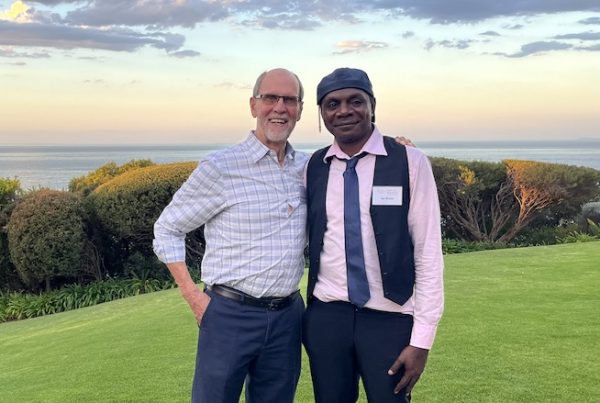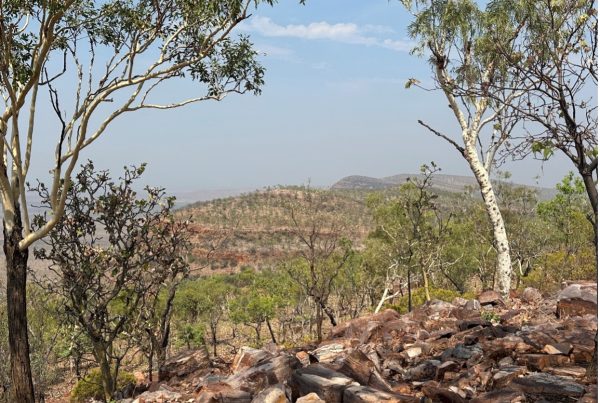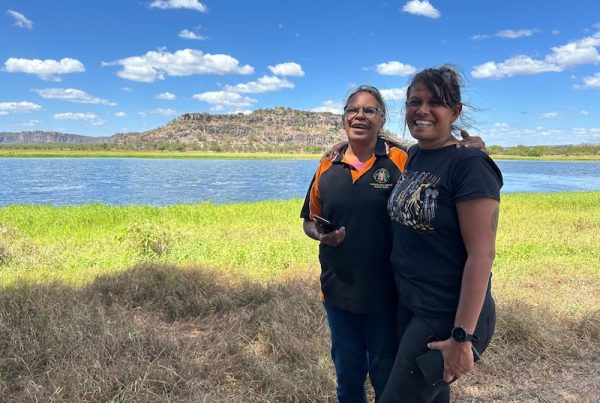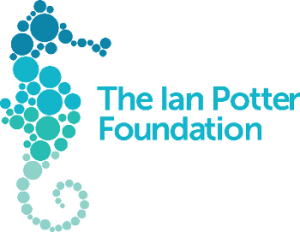'This is our library', some beautiful rock art from the Northern Territory by the Rock Art Australia Ian Potter Kimberley Chair at UWA Professor Joakim Goldhahn and colleagues from across the country, THE CONVERSATION.COM
Friday essay: ‘this is our library’ – how to read the amazing archive of First Nations stories written on rock
First Nations peoples have lived in north Australia some 65,000 years at least, according to the archaeological evidence. Their history is among the oldest of any in the world. Until recently, though, academics deemed the pasts of Australian Indigenous people did not really count as history. These pasts were of some other quality, they were not the kind that determined world events and shaped the future.
It might seem strange today for some peoples’ pasts to consist only of “myth” or “memory” but others to have the dignity of “history”.’ But when the academic disciplines we know today were taking shape, writing became the dividing line between whose pasts were studied by which academic experts. The historians took writing. Archaeologists took the rest.
In a way, this division made sense, at least from the perspective of European scholars. The study of written records held in an archive requires one kind of expertise, the study of material culture requires another.
The written record was the domain of historians, and whatever came before writing fell to archaeologists. Historians called their times “history”, and archaeologists (except for “historical archaeologists”) studied the newly-coined “prehistory”.
“Prehistory” covered the entire human past up until Mesopotamians started writing things down, about 5,200 years ago. After that, it gets complicated, as different peoples in different parts of the world adopted written literacies, or not, at various times. “History” had different start dates, depending on the particularities of whether and why people wrote, or encountered others who wrote about them.
Of course, this implicitly meant, for many peoples, that “history” began when European colonisers arrived, bringing their writing with them. And so cultures that used literacies other than written script to know their pasts – oral traditions, art and song – were mistakenly deemed not to have history at all.
https://theconversation.com/friday-essay-this-is-our-library-how-to-read-the-amazing-archive-of-first-nations-stories-written-on-rock-176886









